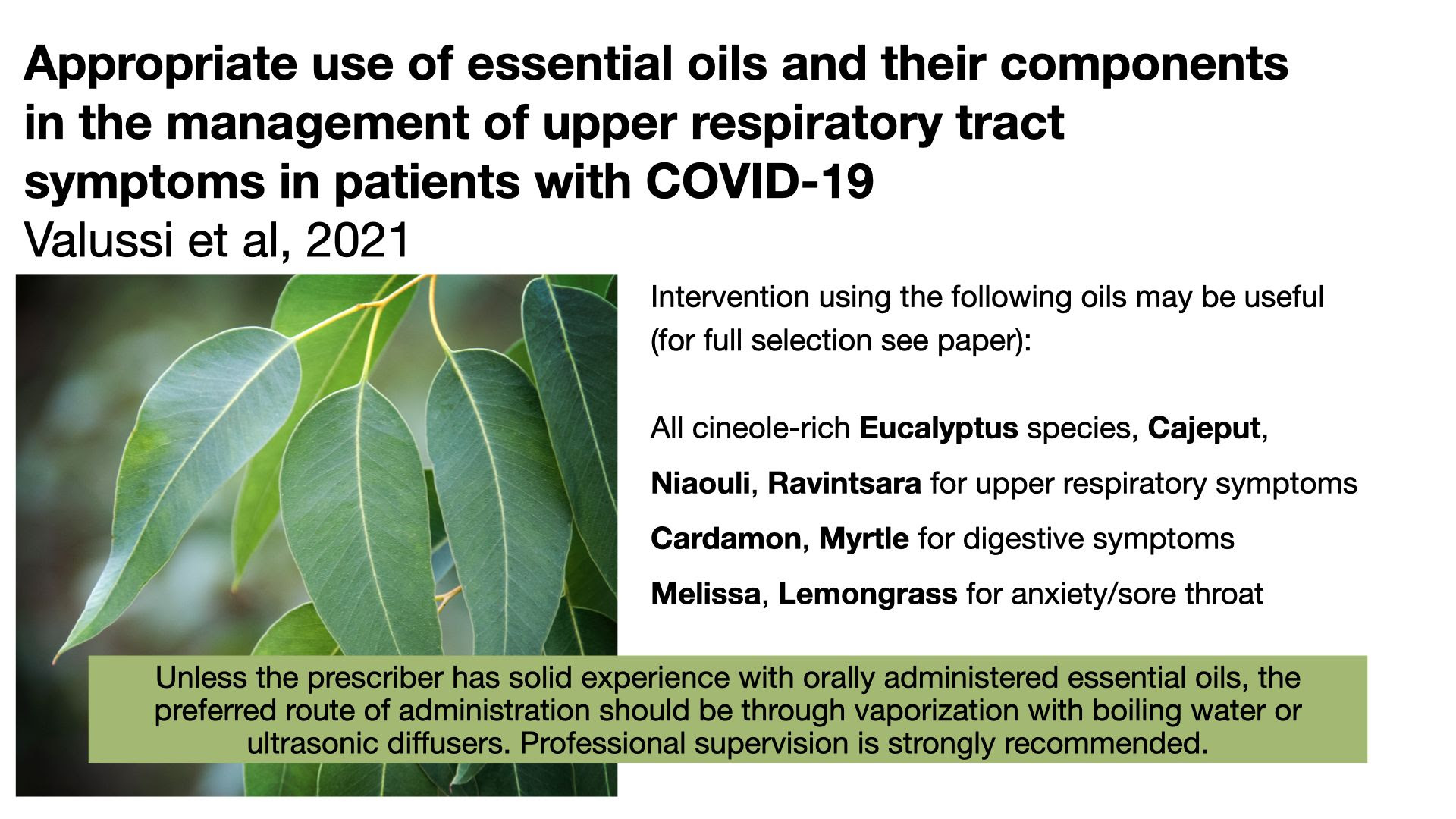Posted by ROBERT TISSERAND on 15th Sep 2023
Studies Show Benefits of Naiouli

We were extremely excited to see this study supporting the benefits of Naiouli for respiratory challenges.
Over a year ago we created Nasya Blend with Niaouli and hemp to create a hostile environment for bacteria and viruses.
We also carry the other essential oils they mention in the study as well. Cajeput, is in our Calm The Cough blend.
This is a review of clinical and non-clinical evidence for essential oils that may be useful for the management of upper respiratory tract symptoms, such cough, mucus, nasal congestion, runny nose and sore throat. Most of the clinical research is either for chest-rub type products (e.g. Pinimenthol©, Vick’s Vaporub©), or gel caps for oral ingestion (e.g. Myrtol©, Tavipec©). There is a particular focus on cineole and menthol, since both are commonly found in such products. No studies are reported in COVID-19 patients.
It is stressed that essential oils should only be used in “mild” cases, which by extrapolation would not include hospitalized patients. There is a list of recommended essential oils - mostly ones high in 1,8-cineole, such as Eucalyptus globulus - and three are specifically not recommended - Peppermint, Cornmint and Laurel leaf. Laurus nobilis leaf oil is not recommended because of the risk of allergic reactions.
The authors state:
The primary aim of this research work is to outline the potential and evidence-based uses of essential oils and their major components for the safe clinical management of mild respiratory symptoms associated with uncomplicated infections caused by human coronaviruses like SARS-COV-2. A secondary aim is to discourage the spread of misinformation by providing an evidence-based dissertation on the topic.
The reference to misinformation could in part be in regard to Laurel leaf oil and unfounded claims that it can kill SARS-Cov-2.
On Peppermint and Cornmint
The authors state that essential oils with high concentrations of menthol are not recommended in patients with COVID-19, due to their ability to potentially reduce the self-perception of dyspnea (shortness of breath, difficulty breathing), which can lead infected patients to underestimate the actual severity of their disease and to dangerously delay medical intervention.
Other key points
* Essential oils as symptomatic remedies for mild SARS-CoV-2 infections still lack clinically-demonstrated effects on the etiology of the disease and they should not be used as a curative purposes remedy.
* Because of the potential for drug interactions, professional supervision is recommended, especially in patients with baseline comorbidities who take several drugs for chronic health conditions.
Recommended treatment protocol
Unless the prescriber has solid experience with orally administered essential oils, the preferred route of administration should be through vaporization with boiling water or ultrasonic diffusers. Patients should be advised to inhale vapors from above, while ideally covering their head with a towel. Each treatment should last 10-15 minutes and should be repeated 2-4 times a day. Patients should rest for at least 15 minutes after the treatment in order to avoid vasovagal reactions and falls.
Valussi, M., Antonelli, M., Donelli, D., & Firenzuoli, F. (2021). Appropriate use of essential oils and their components in the management of upper respiratory tract symptoms in patients with COVID-19. Journal of herbal medicine, 100451.

